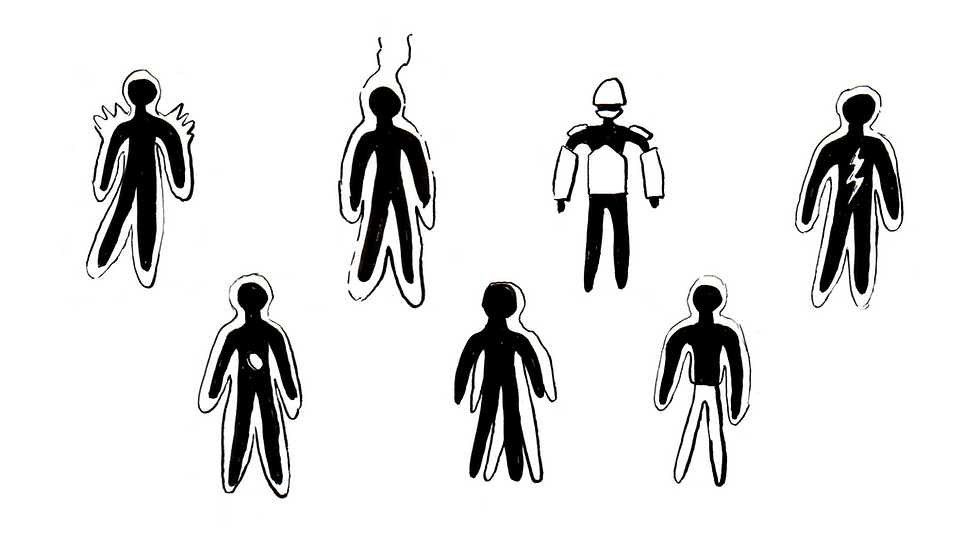Why Blocking Your Emotions Can Be Harmful: The Impact on Mental and Physical Health
- Katerina Chronopoulou
- Sep 25, 2024
- 2 min read
In today's society, expressing emotions is sometimes seen as a sign of weakness, instability, or a lack of self-control. Under this pressure, many people choose to suppress or block their emotions, thinking they are protecting themselves or their image. However, this habit can have serious consequences for both mental and physical health.
1. Emotions: An Essential Inner Language
Emotions, whether positive or negative, are important indicators of our well-being. They act as signals, informing us of what is happening within or around us. Sadness, for example, may indicate that something is wrong, while anger can signal injustice or frustration. Ignoring these signals means neglecting crucial information about our emotional state and needs.
2. Psychological Effects of Emotion Suppression
Blocking emotions can lead to various psychological problems. In fact, when emotions are not expressed, they don't disappear; they remain buried and can resurface as stress, anxiety, or even depression. Some studies have shown that people who suppress their emotions are more likely to suffer from mood disorders and anxiety disorders.
This constant repression can also affect self-esteem. By refusing to acknowledge our emotions, we may lose sight of who we truly are, as our emotions are an integral part of our identity.
3. Physical Consequences
The link between emotions and the body is powerful. Blocking emotions can result in muscle tension, headaches, digestive issues, and even a weakened immune system. When we experience emotional stress without addressing it properly, our body often reacts by producing stress hormones like cortisol, which, over time, can lead to chronic illnesses such as hypertension or heart problems.
4. The Importance of Healthy Emotional Management
It’s essential to understand that blocking emotions does not mean managing them. Emotional management involves recognizing, understanding, and expressing them constructively. This can include relaxation techniques, talking with friends, working with a therapist, or engaging in creative activities like art or writing.
Additionally, learning to embrace our emotions, even the uncomfortable ones, allows us to better understand ourselves and improve our overall well-being. It’s not about being overwhelmed by emotions but about giving them the space they need to be processed healthily.
5. Why Is This Suppression So Common?
Emotion suppression can result from several factors. In some cultures, expressing feelings is frowned upon, especially for men, for whom vulnerability is often associated with weakness. In other cases, past traumatic experiences can lead to a fear of feeling certain emotions, particularly sadness or anger.
Social media platforms, like Facebook, also play a role in this dynamic. On these platforms, we often feel the need to project a positive and controlled image, which can encourage us to suppress negative emotions to fit this idealized image.
Learning to Listen to and Express Emotions
Blocking emotions may seem like an easy solution in the short term to avoid pain or discomfort. However, in the long term, this practice harms our mental and physical health. It’s important to learn to welcome our emotions with kindness and express them constructively. By taking care of our emotions, we take care of our overall well-being.




Comments